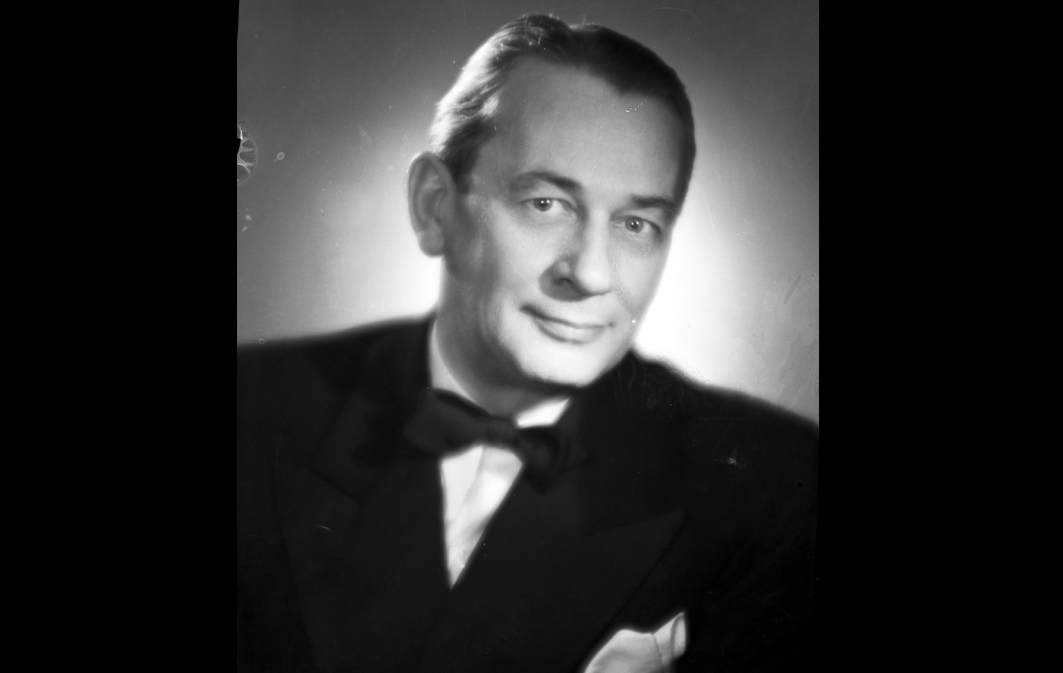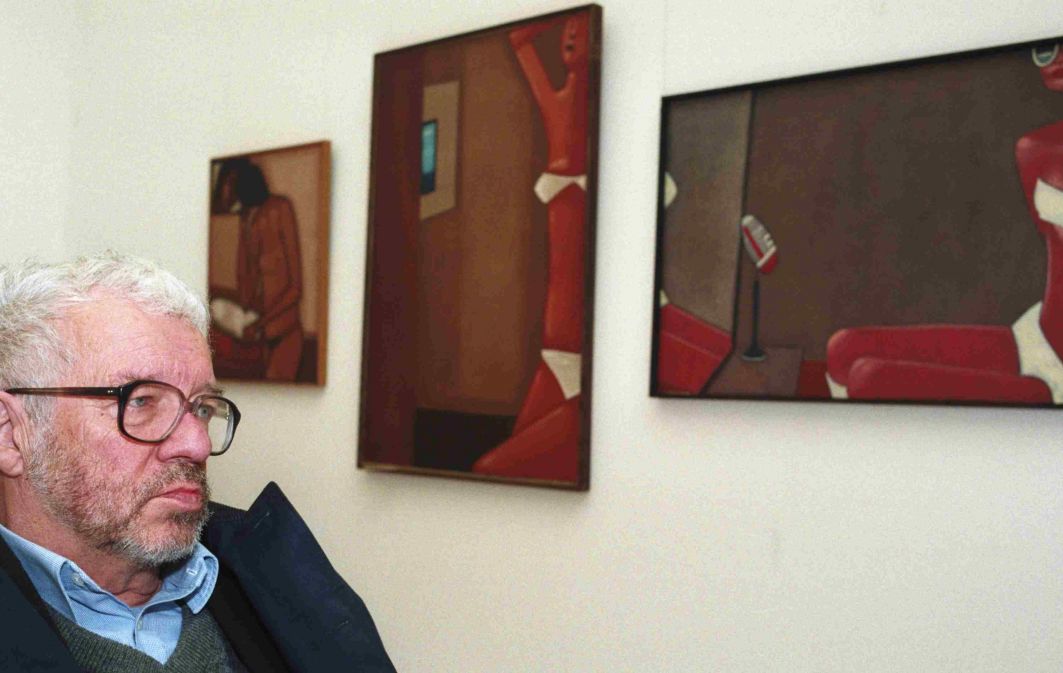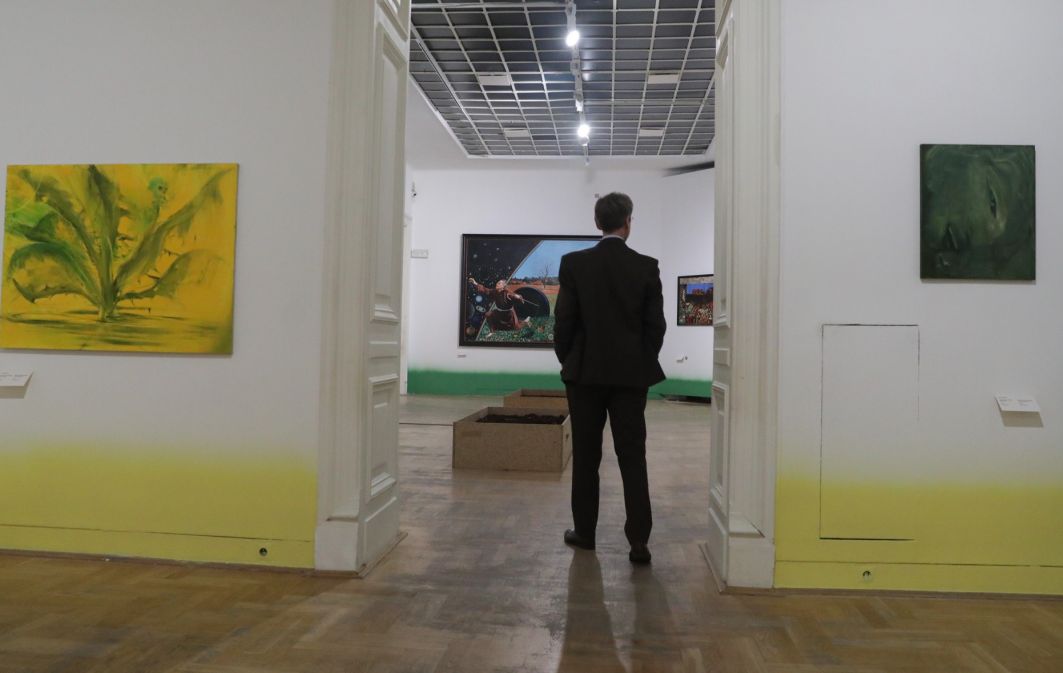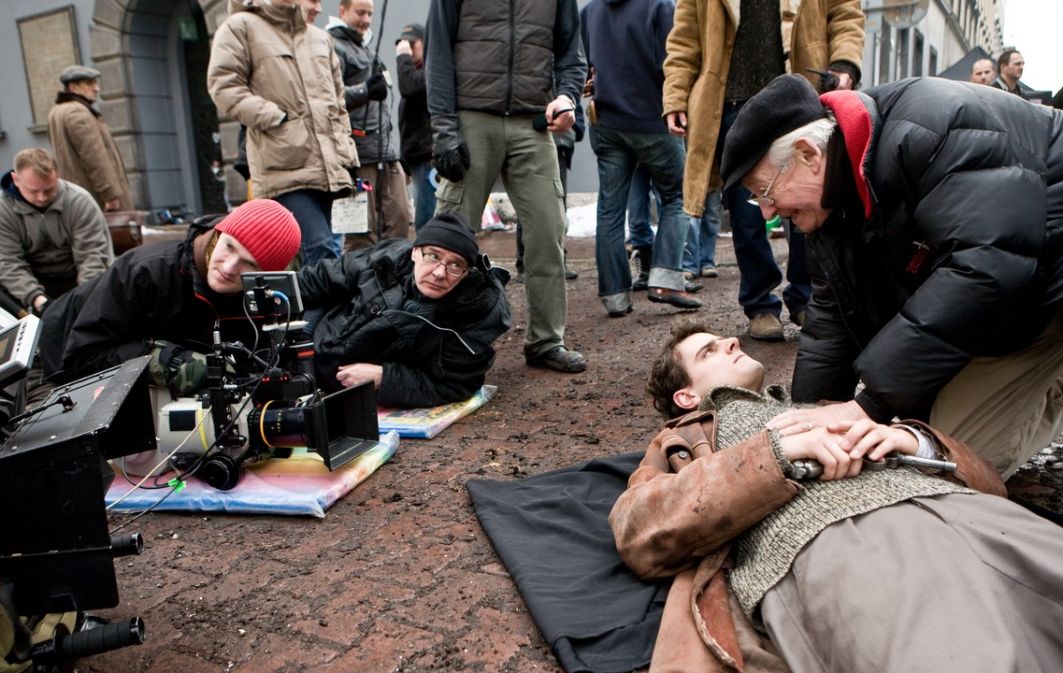A car accident in Italy in 1967 and then painstaking rehabilitation caused a nearly three-year break in her career, and yet the audience didn’t forget her. When she returned to the stage in 1970, millions of fans were waiting for her. At that time, she also received the title of “Warsaw’s most popular woman”, and a year later the capital honored her with an award for popularization of culture. Her career gained momentum again and in 1972 she went on tour across the USSR.
But the city that in her biography became an allegory of Eros and Thanatos, Uzbek Urgench, where she was born and where her father was shot less than two years later, remained inaccessible to her. The artist tried to change it back in 1979, during her tour of Central Asia, argues Ilichev-Volkanovski. She gave concerts in Tashkent thirteen times, and twice in Samarkand, where her photo, little known in Poland, against the backdrop of beautiful mosaics comes from. But no performance was organized in the city of her birth. Even four decades after her father’s execution, after his formal rehabilitation by the military prosecutor’s office, the Soviet services did not allow the brightest of Urgench’s stars to shine under the sky of her childhood.
Triumph of love
They did not allow it, but life sometimes resembles a romantic novel, in which true feeling will squeeze through the thinnest crack or break the thickest gate. This is how Anna German broke into her Urgench, although it happened after her death (she died on August 25, 1982, after years of fighting a severe cancer - ed.). In 1987, one of the city’s main streets was named in her honour. Memory and love follow different paths, and three decades have passed, and a considerable object, also named after her, was erected next to her prospectus, where you could buy ... a somewhat unrefined kebab. After a few years, both commemorations disappeared. The street was renamed after the late president Islam Karimov, and the restaurant, under the influence of protests, was first stripped of its bizarre sign and then closed.
Wherever I am, my home is – sang German in “My homeland” and the inhabitants of Urgench proved, however, that the singer still lives in their hearts. The local music school has been named after her, and a statue of her by Artur Razhapow is to be erected on the square in front of the school; the monument is said to be already there, just waiting to be installed.
 SIGN UP TO OUR PAGE
SIGN UP TO OUR PAGE

And here let’s take a step into the near future, into a sphere seemingly unrelated to art. Although we will not read about it on the front pages of newspapers or portals, cooperation between Poland and Uzbekistan is flourishing. There are more young people from this country at our universities every year – in 2022 there were over 1.5 thousand of them and in the ranking of foreign students, Uzbeks were already in 9th place, ahead of Germans and Czechs. And Polish products, including apples from our orchards, are beginning to reign on the tables of Tashkent or Fergana. Therefore, if our businessmen know at least a few German’s songs by heart, then maybe they will be able to open one more door in Uzbekistan.
This has to stop!
However, it is difficult to escape from current contexts. The world beyond our eastern border has plunged into war and we have no doubts who is the aggressor – Russia, and who is defending their lands: Ukraine. We also remember the frame from Mariupol from eleven months ago, where we can see how the defenders are carrying a pregnant woman on a blanket in strawberries, and in the background – a completely ruined maternity hospital. It is not surprising that in view of these events, we may wonder whether to listen to German’s songs, especially since a large part of them was performed in Russian.
Let us recall that the artist’s ancestors, the ancestors of Irma and Eugeniusz come from regions where today missiles are halving houses, schools and theatres are razed to the ground. (In 1819, Anna’s great-grandfather founded the village of Hoffnung, now Olhyne, near Berdyansk on the coast of the Sea of Azov, which has been under Russian occupation since March 2022 – ed.). Anna German herself was a child of war so the subject of life and death somehow determined her work. This thread is pointed out by Ilichev-Volkanovski. “Even in military and patriotic songs, Anna sang about love, and in these songs there is pain, sadness and great love”, recalls the biographer. He adds that “we will not ask Anna any more questions”, including those regarding the current situation in Ukraine, but paradoxically “we can find the answers in her songs”. And he evokes the “Song of Protest”, with lyrics written by Jacek Hilchen, and music composed by Jarosław Kukulski. He encourages everyone to repeat the last lines with the same determination as Anna German did:
You have to wake up, so instead of fire
offer flowers, give a smile.
Give your heart.
Call out loud.
Let everyone hear.
This must end!
Never again!
– Marta Panas-Goworska
– Translated by Dominik Szczęsny-Kostanecki
TVP WEEKLY. Editorial team and jornalists
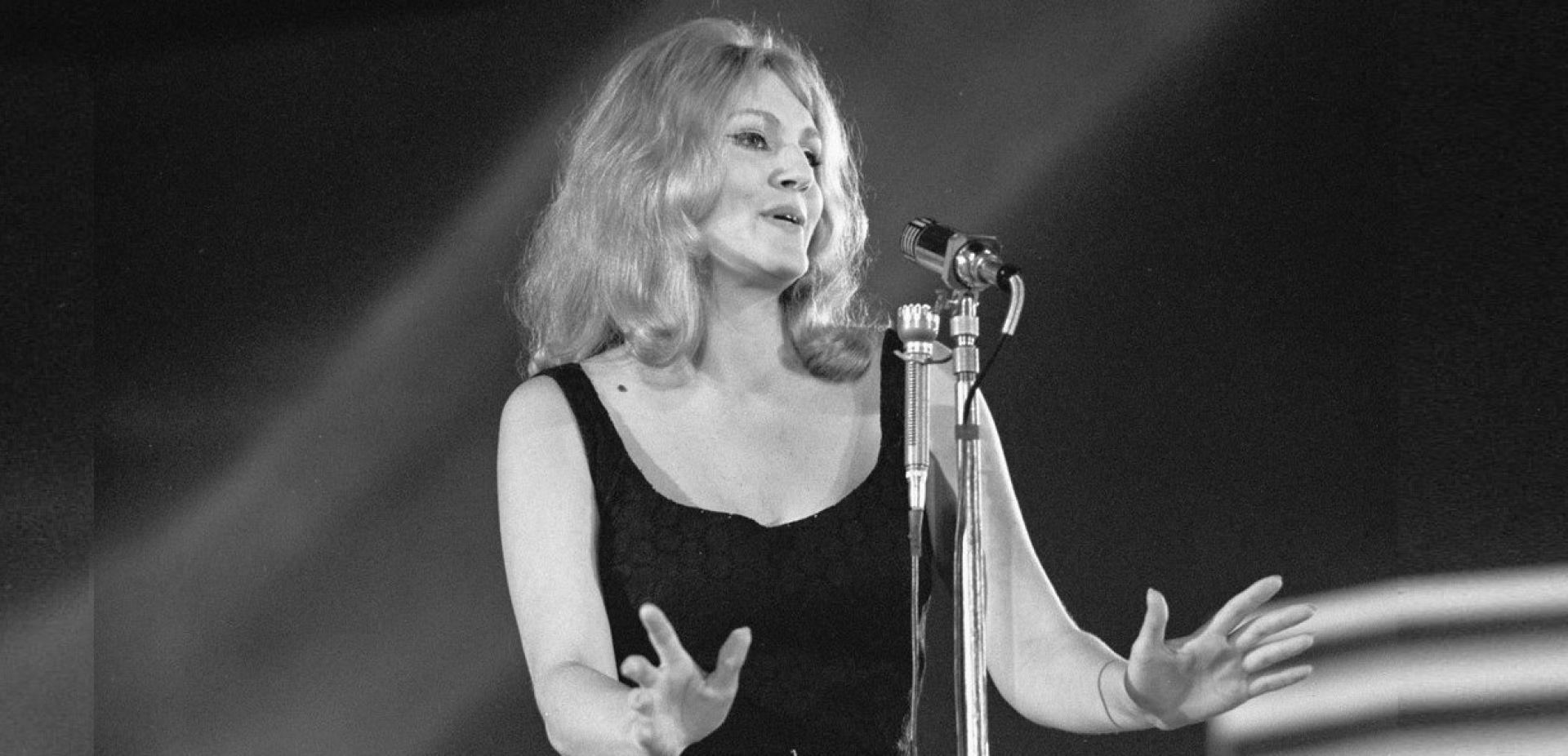
 SIGN UP TO OUR PAGE
SIGN UP TO OUR PAGE

